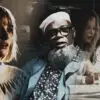[dropcap]O[/dropcap]ur senses are our guides throughout our lives. Our ears, eyes, hands and noses are on constant alert – flooding us with information that our minds can’t possibly keep track of. As conductor and composer Sergiu Celibidache touched on when interviewed, our experience (especially of music) is but a reduction of stimuli to a digestible minimum.
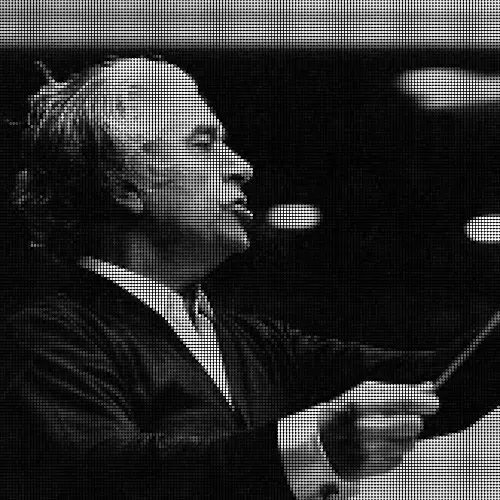
Life’s experiences are infinitely complex, after all. We can’t possibly be expected to remember every sight, sound, taste, smell, and texture we encounter each moment of every day, can we?
…eliminating the constant distraction of sight or sound could allow for other senses to be more fully experienced.
But what if those lacking in one sense account for their loss with improvement in the others? What can be said of those whose bodies are found to be lacking, to some degree, in perceptive capability?
In the experiences of anyone close to a blind or deaf person, it is apparent they operate in unique ways – taking in the world around them by other means than their eyes or ears. Their remaining senses are at the forefront of their attention, unencumbered and acute. Given our minds tackle individual stimuli best, eliminating the constant distraction of sight or sound could allow for other senses to be more fully experienced.
How does this apply to musicians?
Throughout history, a multitude of people have dealt with loss of hearing and sight – sometimes both at once. However, a surprising proportion of these people have turned to music and arts either by necessity or desire. It would seem these unlikely musicians found in their disabilities a certain aptitude for producing pleasant sound.
Song Sans Sight
In bygone times, as is the case current day, individuals deprived of sight were obligated to take up so-called “soft” labor activities such as music to support themselves. Such was the case for traditional Chinese and Irish musicians, many of whom were blind.
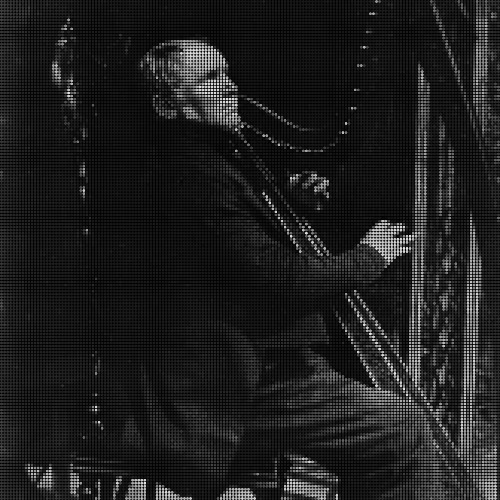
Take classical Gaelic harpist Patrick Byrne, for instance.
Following tradition for blind men in 19th century Ireland, Byrne enrolled in harp school at the age of 26; late by most musician’s standards. Yet his development on the instrument proved so advanced that he is recognized as being among the greatest Gaelic Harpists of all time. This after but a year of school, after which he was noted to have acquired “considerable proficiency.”
According to a 2004 study on absolute pitch…57% of a sampling of sightless musicians reported having the rare ability.
He went on to play for all manner of nobility, including Queen Victoria herself, a high honor at the time. Newspapers regaled him with praise, mentioning that “He could make the strings whisper like the sigh of the rising wind on a summer eve, or clang with a martial fierceness that made your pulses beat quicker.”
Could a perceptive edge by way of acute hearing and sensitivity to vibrations have aided him in his musical career?
Research into this question returned interesting results.
According to a 2004 study on absolute pitch (the ability to recognize notes) in blind musicians, 57% of a sampling of sightless musicians reported having the rare ability. This far exceeds the less than 20% of sighted musicians who reported having the same ability. Perhaps pitch recognition lies among other advantages the blind are predisposed to having when it comes to making great music.
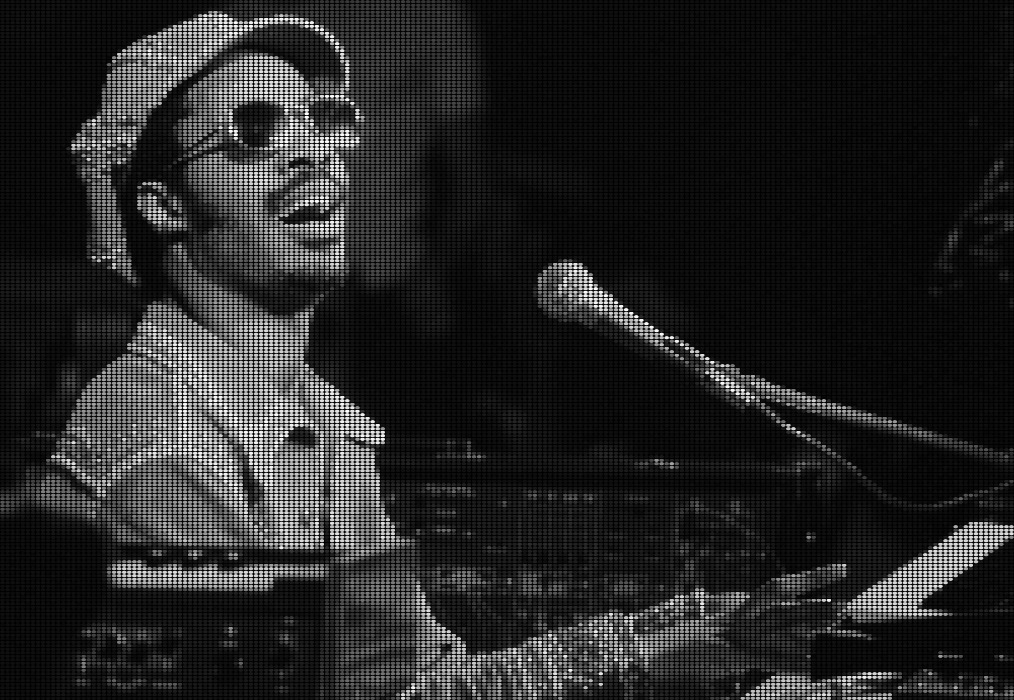
It would seem the idea of blind people also having a heightened sense of touch requires no study to corroborate. A certain cellist and organist by the name of Louis Braille wouldn’t have gone to all the trouble of developing a new system of writing heavily dependent on touch were it not feasible for the blind to utilize it effectively.
Could such a delicate sense of touch be of use to them in playing vibrating instruments?
Musicians like Stevie Wonder and Ray Charles might have made use of such sensitivity in their own musical careers. At the very least, Ray did, while learning to read music for piano in Louis Braille’s system; an arduous process involving reading with one hand while playing with the other.
Song Sans Sound
Sightless sound-making is understandable for most, but profoundly deaf soundsmiths defy conventional logic.
Though few in number, there are noteworthy examples of musical achievement by the hard of hearing that would suggest another facet of music as an experience exists beyond ordinary comprehension.
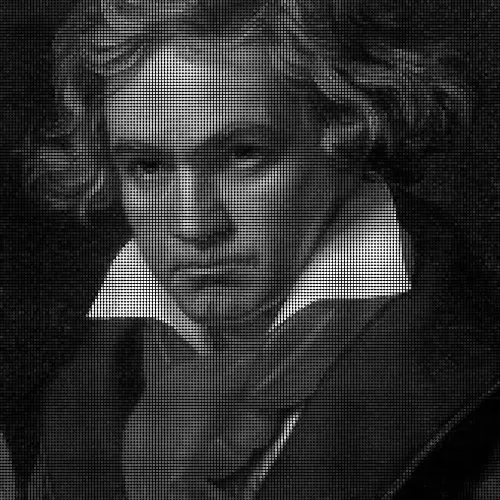 Take the particularly famous case of Beethoven…
Take the particularly famous case of Beethoven…
His hearing began to wane in his late 20s – leading him to give up on public performances shortly thereafter. Still, he continued composing and produced his best work in the last 15 years of his life, when he couldn’t hear much of anything at all.
…another facet of music as an experience exists beyond ordinary comprehension.
A matured perspective towards composing likely impacted these creations, but what part might the loss of his hearing have played? His “9th symphony” was a triumph, yet he completed it at a time when he needed ear trumpets and conversation books just to speak to people. Might the sounds in his mind have taken on new life in the absence of the world’s cacophony?
Deafness struck Brian Wilson of Beach Boys fame much earlier (and much more literally) when he was attacked by a young pipe-wielding neighbor as a child. He lost hearing in one ear and never regained it. Compounding the issue, Wilson’s struggle with mental illness involved disembodied voices and other auditory hallucinations.
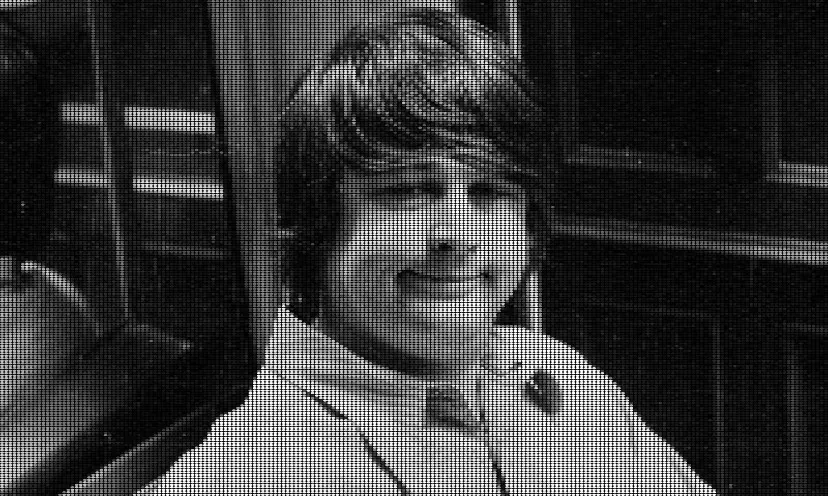
A tormented mind coupled with poor hearing certainly didn’t stop him from creating much of the music of one of America’s most iconic bands. Might his afflictions have helped him to do so?
…a “new way of hearing” involving vibration and tactile sensation…the importance of a full-body approach to experiencing music as opposed to concentrating solely on the ears.
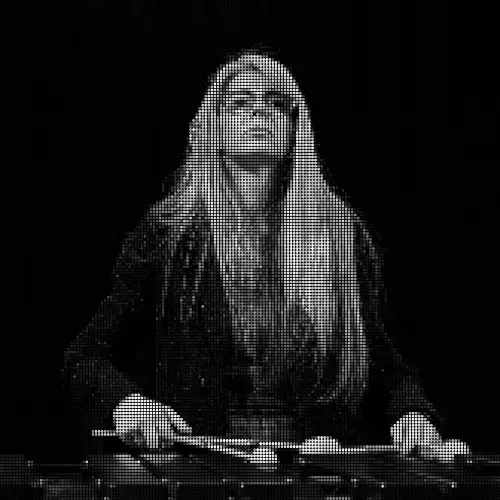 Dame Evelyn Glennie, a profoundly deaf virtuosic percussionist, offers some insight in her TED talk of 10 years ago. In it, she describes a “new way of hearing” involving vibration and tactile sensation. She emphasizes the importance of a full-body approach to experiencing music as opposed to concentrating solely on the ears.
Dame Evelyn Glennie, a profoundly deaf virtuosic percussionist, offers some insight in her TED talk of 10 years ago. In it, she describes a “new way of hearing” involving vibration and tactile sensation. She emphasizes the importance of a full-body approach to experiencing music as opposed to concentrating solely on the ears.
Glennie’s performances express her musical philosophy clearly, with riveting dynamics borne of an intense and unique relationship with her instruments. Such a strong connection to one’s instrument is key to masterful music making.
Musicians making music without sound or sight are forced into such a position by necessity; forced to embrace their instruments as guides as much as tools. A new sense develops in them – that of intimacy – leading to a highly personal relationship with their music.


